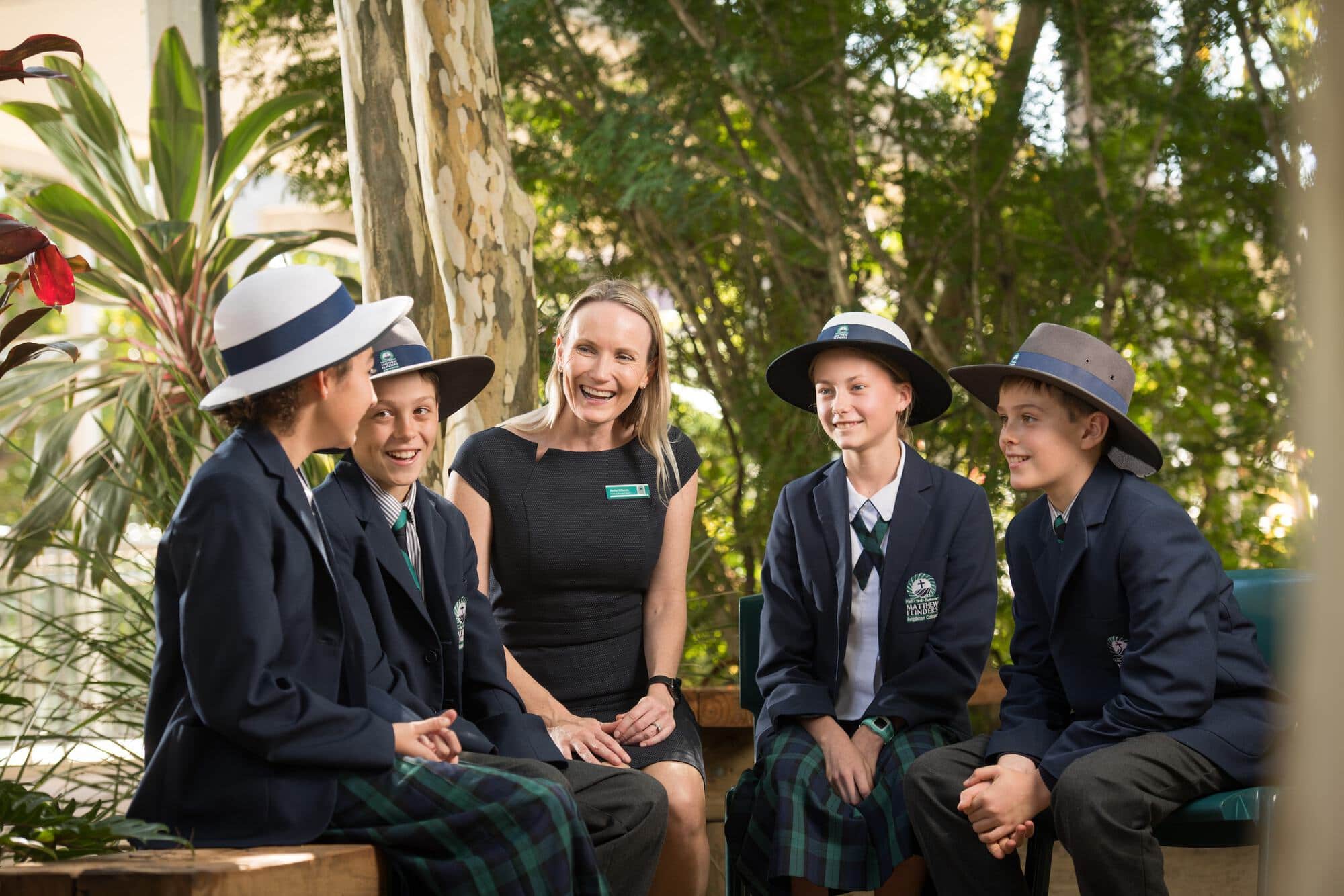We recently had the pleasure of welcoming Dr Jared Cooney Horvath to our College to present to both Flinders staff and an external network of our peers as part of the Critical Thinking Speaker Series. Dr Cooney Horvath was knowledgeable and engaging, and I thought I had found my new hero until the topic of listening to music in lessons was brought to the fore. Knowing I had written this very article about the impact of music in the classroom, I sat listening to his presentation with my hands on my cheeks, mouth ajar...much akin to the image of Macauley Culkin on the Home Alone promotional film poster from all those years ago.
For my entire teaching career I have been one of those teachers who never allowed her students to listen to music in class. I have entered into many a debate and argued convincingly that there is no place for music in the classroom. Despite my stubbornness in this respect, I know full well that many students do their homework and revision while listening to music. Many of them will swear that listening to music helps them to concentrate or even learn. But does music actually help or distract students from learning?
When you start looking at the body of work around this topic, the results from years gone by were quite clear...silence was considered golden. Research told us that students always performed better on a range of tasks without music. In one study, performed by Perham and Currie (2014), students listened to different types of music while completing a reading comprehension task, and the results found students who revised in quiet environments performed more than 60% better in an exam than their peers who revised while listening to music that had lyrics. This study went further to conclude that students who revised while listening to music without lyrics did better than those who had revised to music with lyrics. However, it made no difference if students revised listening to songs they liked or disliked. Both led to a reduction in their test performance. You can, therefore, imagine how often I have used this particular research as part of my ammunition when debating with students.
Another favourite rebuttal of mine used to come in the form of a one-liner where I would say the only music I would allow the class to listen to was Baroque, as this was the only music that had been shown to have a positive impact on learning due to the combination of certain frequencies which was thought to entrain memory formation. I used to throw this out there knowing that students wouldn’t have Baroque music, or be prepared to listen to it, so... argument over. Turns out, I was actually incorrect with regard to this as well. Dr Cooney Horvath has kindly pointed out that years of research around this topic, “...have not been kind to entrainment”.
So, where to from here? While listening to music before a task can make someone feel better, listening to it while trying to learn something new tends not to help. This is because music, especially a playlist on shuffle, where your concentration is shifting back and forth between work and whether or not you like a particular song, can be a major distraction. In order for music to serve as ‘white noise’, thus effectively blocking out distraction, music must be predictable and not grab the attention of the listener. Therefore, students listening to an album they have listened to hundreds of times in the past could actually argue it serves as random noise and enhances their ability to focus on the task at hand, whereas sharing headphones with the person next to them and bopping heads along to the latest offering from Billie Eilish, Drake, Ed Sheeran or Tones and I, does not decrease distraction, nor aid in learning.
And here is the kicker, and the reason why I may just add Dr Cooney Horvath to my Christmas card list after all, as he says: “Every person has a different threshold and...every person’s threshold changes situation to situation”. Where one student might be able to use music to their advantage in one room, this is not necessarily transferable to every lesson, in every setting.
So, perhaps the bigger question I will ask myself the next time a student asks to listen to music in my classroom will be, ‘What impact am I having on my peers; my fellow teachers?’ Many schools have behaviour policies that specifically mention the use of music in the classroom. No one wants to be the bad guy and even though I have heard the familiar whine many times in the past, “But Mr So-and-So lets us listen to music”, I will certainly continue to focus on deliberate, evidence-based practice to improve the outcomes of my students.
I am a stickler for consistency and given there is no definitive answer to whether or not music actually aids in learning, I will continue to err on the side of caution.
Anita Gibson | Head of Middle School

